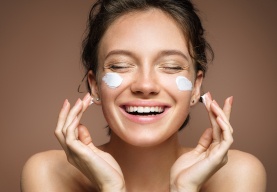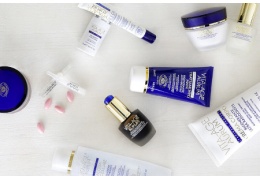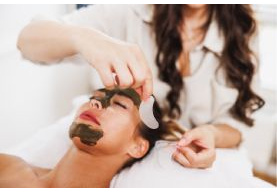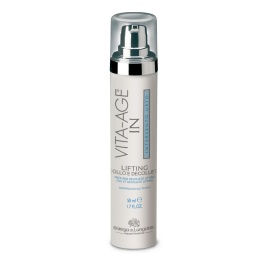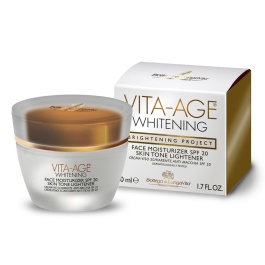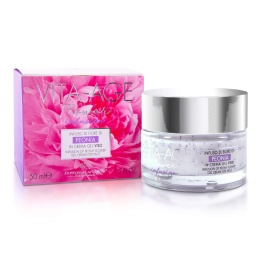Is it true that the skin gets used to creams?

Does your skin get used to creams? A question that seems simple but in reality is not at all. After all, it happens to many that, after having enthusiastically tested a new product, it suddenly seems to no longer work, almost as if the skin was getting used to the active components. Let's find out if there is any truth in this.
The skin gets used to creams: myth or truth?
Let's clarify right away: the skin does not develop any type of immunity either towards a specific product or a particular ingredient. It is true, however, that the epidermis needs time to metabolize some active components, in particular retinoids, so much so that it is precisely for this reason that some people experience irritation the first few times they use retinol.
The fact that the skin gradually gets used to using retinol does not mean that it is less effective, quite the opposite. Therefore, after a period in which you may experience mild skin irritation, you can immediately see positive results. The time required, however, can also vary from six to twelve months.
But let's find out what the myths that have arisen around the concept of the skin becoming accustomed to creams actually are. Starting right from the main one, i.e. the idea that, after a certain period of time, the skin gets used to creams and, consequently, skincare products must be replaced periodically. In reality, the skin gets used to cosmetic products exactly as the body can get used to a healthy diet: if you use good creams, you can apply them for as long as you want, since they will always work, representing a real panacea for the epidermis. The skin products that are used regularly can therefore only be replaced when problems arise (but even in this case, as with the possible irritation due to the first uses of retinol, the problems can be temporary
A second myth consists of the belief that when you use a single cream for a long period of time and then stop applying it, your skin's health conditions inexorably worsen. For example, many women who regularly use anti-aging creams are terrified that if they stop using them, not only will the old wrinkles return, but new ones will appear. Even in this case, the reality is very different: skin creams do not cause any type of addiction and stopping applying them does not lead to a sudden worsening of the skin's health.

Changes in skin needs over the course of the year
If it is true that there are false myths about the skin becoming accustomed to creams, it is equally true that the skin changes its needs, not only over the years, but also based on the seasons. Increasing age, as well as hormonal fluctuations - for example in correspondence with the menstrual cycle - stress, changes in diet, but also changes in temperature, sleep-wake rhythm and exposure to UV rays all represent factors that affect the needs of the skin. In summer, for example, there is a greater risk of dehydration, while in winter it is necessary to adequately protect the skin from harsh temperatures. At the same time, a banal change such as the change of time involves a change in the sleep-wake rhythm, which in turn can influence the condition of the epidermis.
The role of active ingredients
The role of active ingredients is fundamental to guarantee the effectiveness of products over time. For this reason, Bottega di LungaVita has formulated various lines, such as the Vita-Age® range which includes products for all needs, all based on top quality ingredients. For example, specific facial treatments are designed to restore freshness, firmness and luminosity to all skin types, to make what is every person's business card, the face, young and healthy. From the anti-spot lightening face cream to the vials of concentrated hyaluronic acid, through restructuring - night and day - and revitalizing creams, the specific facial treatments proposed by Bottega di LungaVita all have a common denominator: the use of top quality ingredients, studied specifically for the well-being of the skin.





